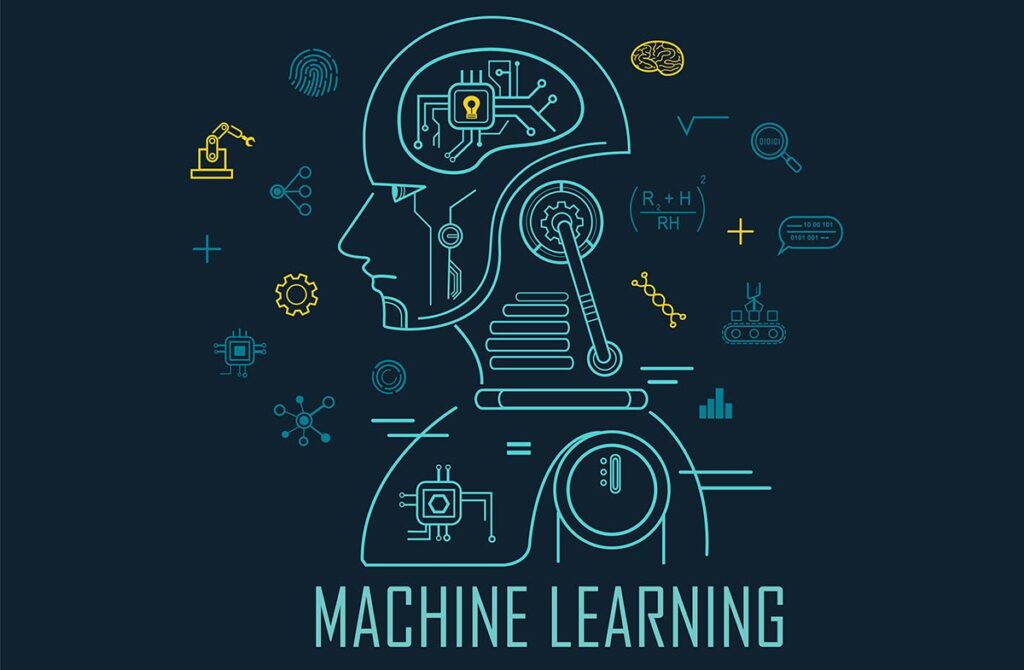Artificial intelligence (AI) has come a long way in recent years, with machine learning model being at the forefront of this progress. From healthcare to finance and beyond, these models have proven to be effective in automating tasks and providing valuable insights. In this article, we’ll explore the future of AI and how machine learning models are revolutionizing various industries and A Beginner’s Guide to Machine Learning Models.
Table of Contents
What is Machine Learning?

Machine learning is a subset of AI that involves training algorithms to learn from data and make predictions or decisions. These algorithms use statistical models to analyze data and improve their accuracy over time. Machine learning model can be categorized into three types: supervised learning, unsupervised learning, and reinforcement learning.
Supervised learning models are trained using labeled data, which means the input and output variables are known. These models learn from this data and can make predictions on new data based on what they’ve learned. Unsupervised learning models, on the other hand, are trained on unlabeled data, meaning there is no known output variable. These models learn patterns and relationships in the data without a specific target in mind. Finally, reinforcement learning models learn by receiving feedback in the form of rewards or punishments for their actions. These models are used to solve problems that require decision-making in an uncertain environment.
How Machine Learning Model is Revolutionizing Industries
Healthcare
Machine learning models have had a significant impact on the healthcare industry, from predicting disease outbreaks to improving patient outcomes. One example of this is the use of machine learning models to analyze medical images, such as X-rays and MRI scans. These models can help detect diseases like cancer at an early stage, which can significantly improve patient outcomes.
Finance
The finance industry has also benefited from machine learning models, particularly in fraud detection and risk assessment. These models can analyze large amounts of data and identify patterns that may indicate fraudulent activity. They can also predict market trends and help financial institutions make more informed investment decisions.
Manufacturing
Machine learning models are being used in manufacturing to improve efficiency and reduce costs. These models can analyze data from sensors and other sources to identify patterns that may indicate issues with equipment. They can also optimize production processes to improve quality and reduce waste.
Retail
In the retail industry, machine learning models are being used to personalize customer experiences and improve sales. These models can analyze customer data, such as purchase history and browsing behavior, to recommend products that may be of interest to them. They can also optimize pricing strategies to maximize profits.
Transportation
Machine learning models are being used in the transportation industry to improve safety and efficiency. For example, these models can predict maintenance needs for vehicles and equipment, reducing downtime and increasing productivity. They can also optimize routes and schedules to reduce fuel consumption and improve delivery times.
The Future of Machine Learning Models
As machine learning models continue to advance, their impact on industries will only increase. One area of development is the use of deep learning models, which are capable of processing and analyzing large amounts of unstructured data, such as images and speech. These models are being used in applications such as self-driving cars and natural language processing.
Another area of development is the use of explainable AI, which involves making machine learning models more transparent and understandable. This is particularly important in industries like healthcare, where decisions made by machine learning models can have significant consequences.
Conclusion
Machine learning models are revolutionizing industries in ways that were once thought impossible. From healthcare to finance and beyond, these models are improving efficiency, reducing costs, and providing valuable insights. As machine learning models continue to advance, their impact on industries will only increase, leading to a future that is more automated, efficient, and productive.